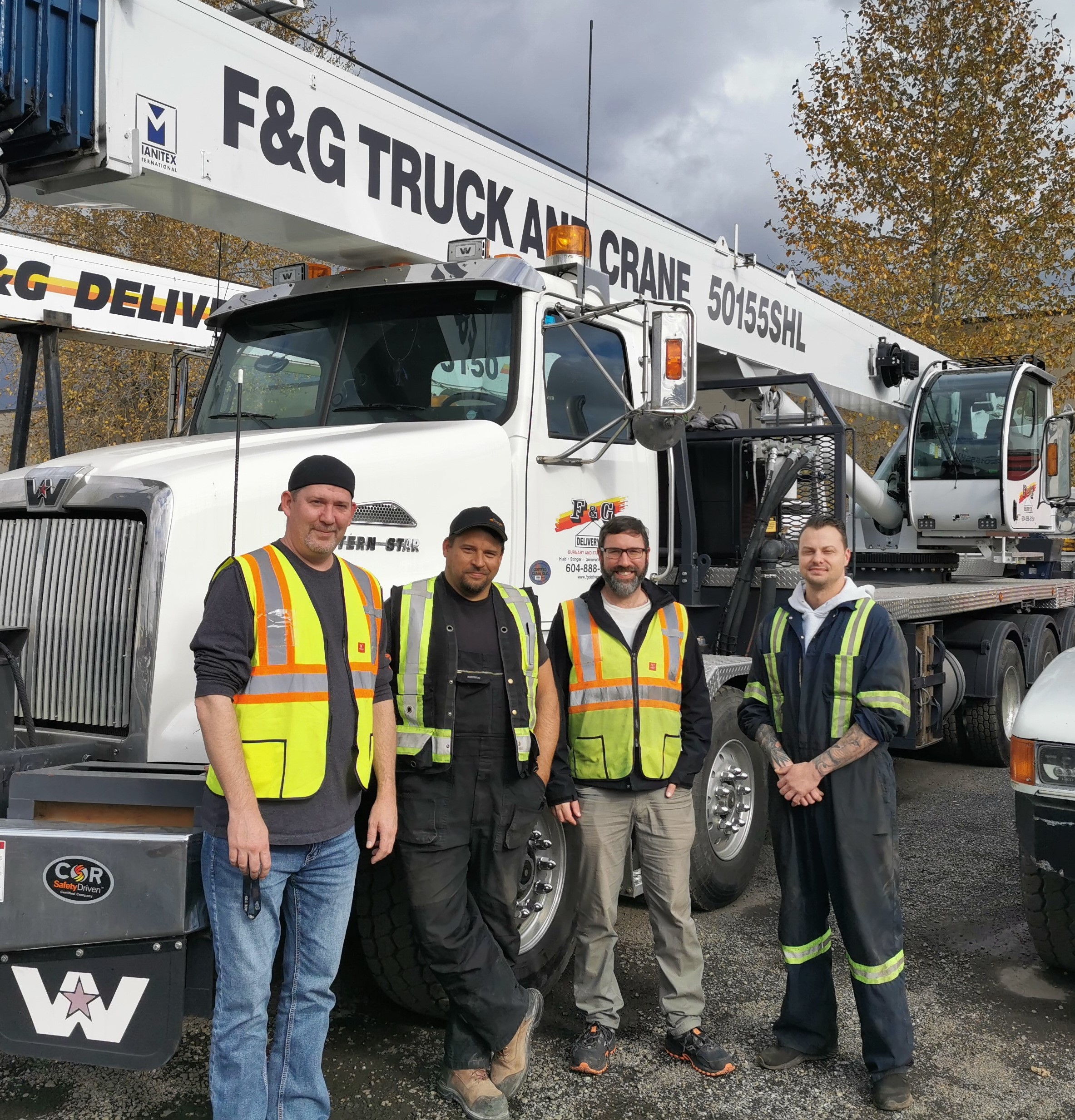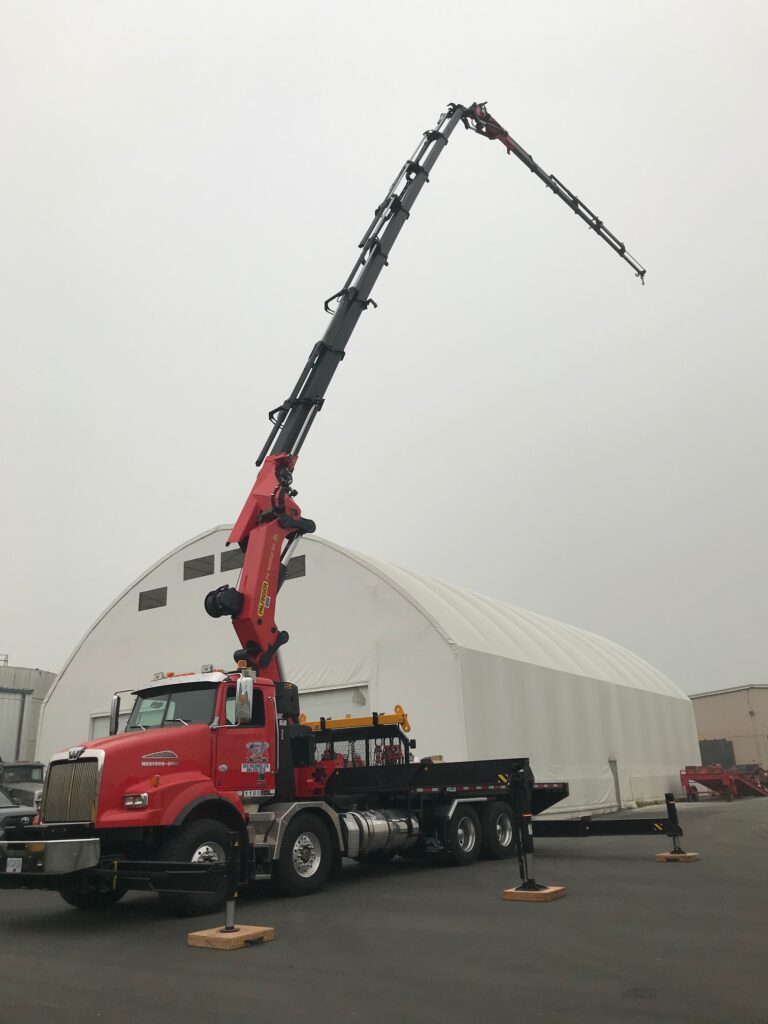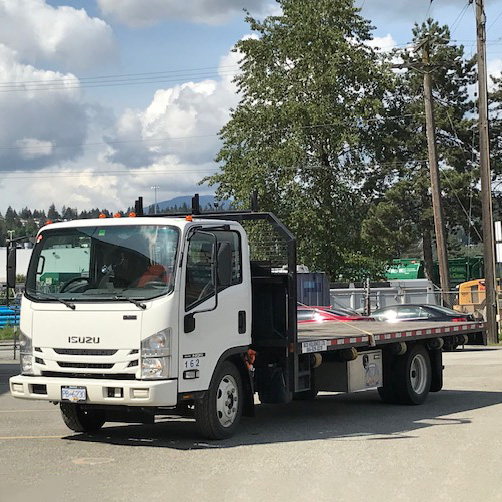QMM Keeps Safety Top of Mind
Safety success
“How can we make it safer?” This question reflects one of Quality Move Management’s integral values: Safety is top of mind at every turn.
Quality Move Management (QMM) was established in Vancouver in 1996 and hit the ground running; by 2000, it had become Allied Van Lines’ first-ever dedicated corporate agent in Canada. It expanded into Calgary in 2004, Edmonton in 2010, and Toronto in 2017. QMM has become Allied’s largest agent in Canada and largest cross-border agent in North America. It hauls more than 3.6 million kilos (8 million pounds) of household goods between Canada and the US each year and has been the Allied Cross Border Agent of the year for 13 consecutive years. In 2019, Allied named QMM the Agent of the Year in the US, a first for a Canadian company.
QMM attained COR certification in 2013. Their initial COR audit provided the opportunity to identify key areas that could be updated and improved to create a comprehensive health and safety program. Today, the company is a shareholder-owned company with 39 owner operators and contractors. Its President and Chief Operating Officer, Tim Nager, who joined QMM in 1997, has played a key role in the company’s growth and expansion. Under his leadership, QMM demonstrates its values of respect, teamwork, excellence, and safety.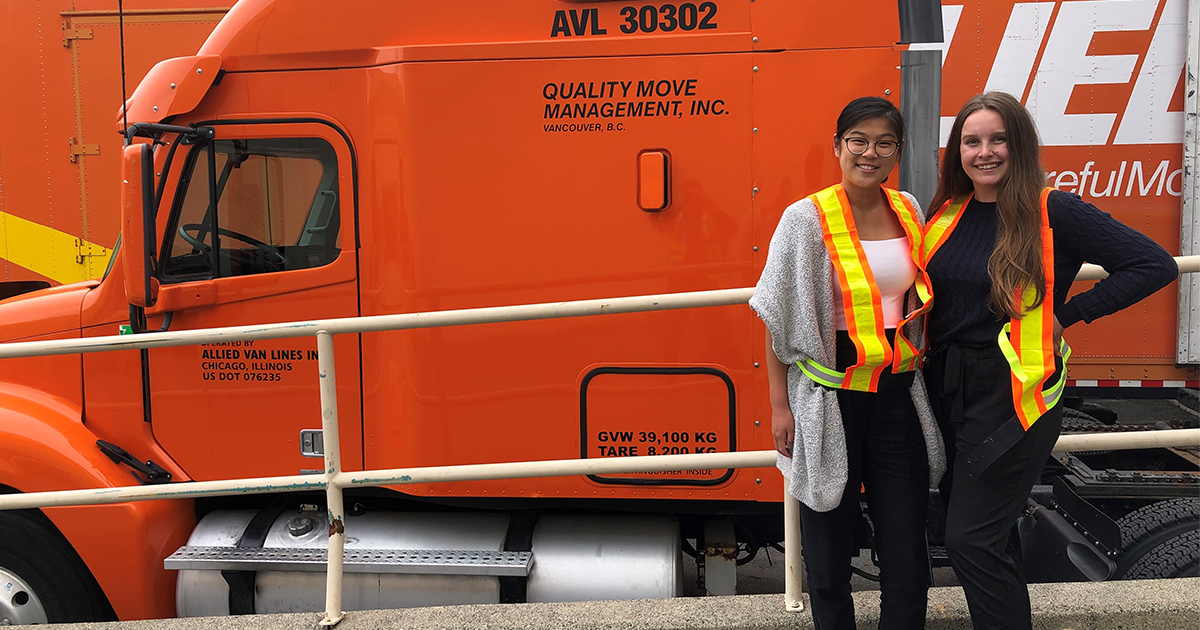
Christina Welsh, co-chair of the Joint Health and Safety Committee, notes that QMM’s safety culture has grown over the years, with open discussion becoming the norm. Everyone receives the same safety information, whether they sit behind a steering wheel or behind a desk. Everyone can provide feedback and often it is an owner operator who raises an issue and makes a case for improvements. Every meeting at QMM opens with a safety moment. If something goes wrong, there is that question to be explored: How can we make it safer?
Communication includes a safety information board in the office, emails to drivers on the road, and Q4 News, the company newsletter, which is circulated to all staff. With operations across a large geographic area, adhering to safety protocols requires effective communication at a distance. Operations managers have daily contact with drivers and crews, including during cross-border operations.
Managers do on-site visits when crews are within reach. Otherwise, owner-operators, who are rated on their practices, ensure loaders work properly. Additionally, QMM operations managers engage drivers with tool box talks and twice a year, owner operators have a large group call. They know the door is always open to talk with management or safety committee members. And employees watch out for each other; they can nominate local team members with excellent safety practices for gift cards and kudos under QMM’s Playing-to-Win program, and for QMM’s annual safety Stars Award.
Driver-related resources from SafetyDriven support the QMM team, as do events that help people interact over safety. QMM holds an annual Summer Safety Week as a broad overview of occupational health and safety issues. It is as interactive as possible with get-togethers and the SafetyDriven safety carnival, but the COVID-19 pandemic changed interactivity in 2020.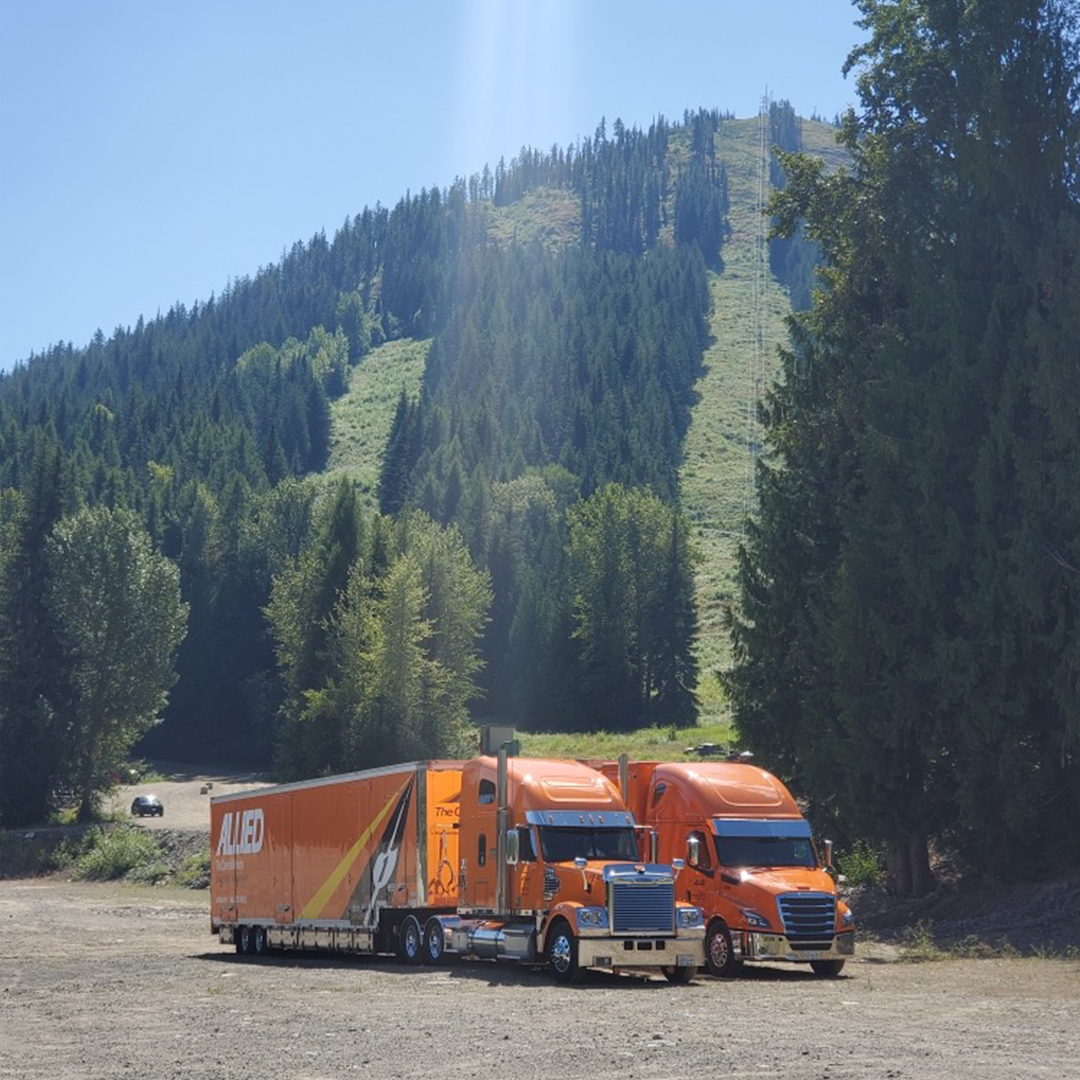
During the pandemic, safety practices have had to be more reactive to situations drivers encounter. For example, QMM handles many moves between Alberta and Texas; American clients have different protocols. The company has had to adjust to changing provincial and state rules, federal rules in two countries, and border restrictions interpreted differently depending on location. QMM has adopted digital versions of surveys and paperwork so the only places drivers handle paper is border crossings and scales. Requiring customers to ensure they can provide clean, COVID-safe spaces for workers means imposing their protocols on people not subject to their rules. Relying on familiar workers within the Allied network has helped, but in general, clients have accepted QMM’s requirements.
QMM has won a number of awards during its tenure. In 2013, QMM was awarded Allied’s Canadian Safety Recognition Award for their “exemplary safety record, policies and procedures in British Columbia and Alberta.” It won Allied Van Lines’ International Customer Choice Award and Canadian Agent of the Year in 2019. Allied has also awarded safe driving, million-mile awards to QMM drivers.
In 2018, the Canadian Association of Movers (CAM) recognized QMM as the CAM Agent of the Year and the Move for Hunger Mover of the Year for their donation of 27,000 kilos (61,000 pounds) of food to local food banks. In 2019, QMM was a winner of SafetyDriven’s Health and Safety Innovation Award for their leadership and innovative methods in maintaining a vibrant workplace and industry safety culture. Three QMM drivers were winners in SafetyDriven’s 2020 Driver Appreciation Week.
QMM strives for excellence in all areas and ensures safety policies and practices exceed industry standards. Its safety culture prioritizes employee well-being, making safety a keystone of its success.
Submit your company to be featured in one of our upcoming newsletters.
